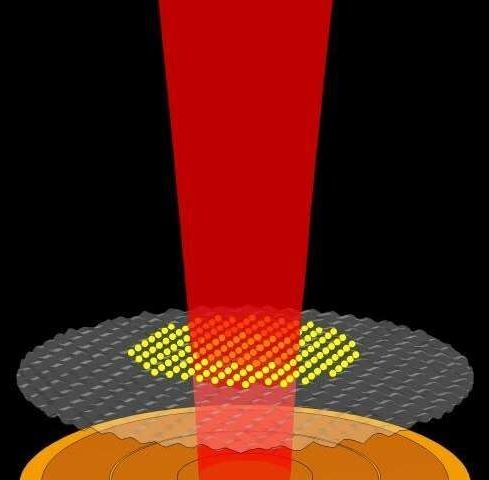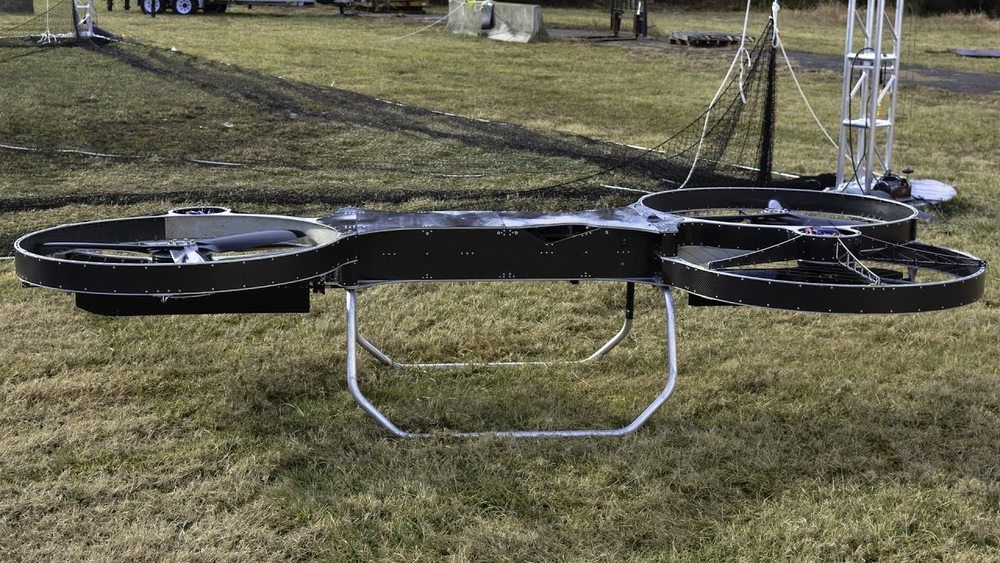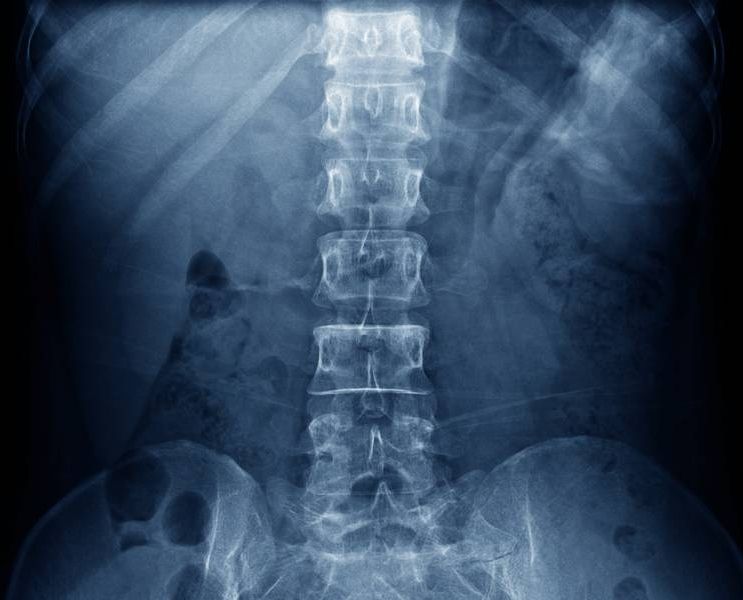Page 8143
Feb 12, 2019
Questions in quantum computing—how to move electrons with light
Posted by Genevieve Klien in categories: computing, particle physics, quantum physics
Electronics rely on the movement of negatively-charged electrons. Physicists strive to understand the forces that push these particles into motion, with the goal of harnessing their power in new technologies. Quantum computers, for instance, employ a fleet of precisely controlled electrons to take on goliath computational tasks. Recently, researchers at the Okinawa Institute of Science and Technology Graduate University (OIST) demonstrated how microwaves cut in on the movements of electrons. The findings may contribute to future quantum computing technology.
The logic operations of normal computers are based on zeros and ones, and this binary code limits the volume and type of information the machines can process. Subatomic particles can exist in more than two discrete states, so quantum computers harness electrons to crunch complex data and perform functions at whiplash speed. To keep electrons in limbo for experiments, scientists capture the particles and expose them to forces that alter their behavior.
In the new study, published December 18, 2018 in Physical Review B, OIST researchers trapped electrons in a frigid, vacuum-sealed chamber and subjected them to microwaves. The particles and light altered each other’s movement and exchanged energy, which suggests the sealed system could potentially be used to store quantum information – a microchip of the future.
Feb 12, 2019
Genetically Modified Super-Charged Cassava Could Help Stamp Out Malnourishment In Africa
Posted by Genevieve Klien in categories: bioengineering, food, genetics
Over 800 million people depend on cassava as a main food staple. Also known as manioc and yuca, this root vegetable also makes up around 50 percent of the caloric intake of around one-third of people in sub-Saharan Africa.
Unfortunately, it isn’t the most nutritious of food sources. As a result, iron and zinc deficiencies are sky high in many parts of Africa. It’s estimated that up to 75 percent of preschool children and 67 percent of pregnant women in Nigeria are anemic as a result of iron deficiency.
However, researchers have now developed super-charged cassavas using genetic engineering to enrich the plant with significantly higher levels of both iron and zinc.
Feb 12, 2019
The US Army successfully flies its hoverbike prototype
Posted by Quinn Sena in category: military
Feb 12, 2019
Researchers discover the signal that drives stem cells to form new bones
Posted by Quinn Sena in category: biotech/medical
The discovery is the first step in developing a stem cell therapy to help patients recover from bone fractures, spinal fusion, and osteoporosis.
Feb 12, 2019
The real purpose of Russia’s 100-megaton underwater nuclear doomsday device
Posted by Quinn Sena in categories: existential risks, military
- Russia is said to have built a new 100-megaton underwater nuclear doomsday device, and it has threatened the US with it.
- The device goes beyond traditional ideas of nuclear warfighting and poses a direct threat to the future of humanity or life on Earth.
- Nobody has ever built a weapon like this before, because there’s almost no military utility in so badly destroying the world.
- But an expert on nuclear strategy told Business Insider the weapon might have a larger role in helping Russian President Vladimir Putin break down NATO with the threat of nuclear destruction.
Since 2015, when images of a Russian nuclear torpedo first leaked on state television, the world has asked itself why Moscow would build a weapon that could end all life on Earth.
While all nuclear weapons can kill thousands in the blink of an eye and leave radiation poisoning the environment for years to come, Russia’s new doomsday device, called “Poseidon,” takes steps to maximize this effect.
Feb 12, 2019
Insects are dying off at record rates — an ominous sign we’re in the middle of a 6th mass extinction
Posted by Quinn Sena in category: existential risks
Forty-one percent of the world’s insects are in decline as part of the sixth mass extinction. If the decline continues, Earth could be devoid of insects in 100 years.
Feb 12, 2019
‘Air traffic control’ for driverless cars could speed up deployment
Posted by Quinn Sena in categories: robotics/AI, transportation
Combining human and artificial intelligence in autonomous vehicles could push driverless cars more quickly toward wide-scale adoption, University of Michigan researchers say.
That’s the goal of a new project that relies on a technique called instantaneous crowdsourcing to provide a cost-effective, real-time remote backup for onboard autonomous systems without the need for a human to be physically in the driver’s seat. The research is taking place at the U-M Transportation Research Institute (UMTRI).
The need for human safety drivers in vehicles like Waymo’s recently introduced autonomous taxis undermines their cost advantage compared to traditional ride sharing services, the researchers say. It also keeps the era of cars as autonomous rolling living rooms tantalizingly out of reach. And most researchers agree that machines won’t be able to completely take over driving duties for years or even decades.
Continue reading “‘Air traffic control’ for driverless cars could speed up deployment” »
Feb 12, 2019
New theory illustrates the development of the universe may be different than we thought
Posted by Paul Battista in categories: cosmology, particle physics
The history of the universe is predicated on the idea that, compared to today, the universe was hotter and more symmetric in its early phase. Scientists have thought this because of the Higgs Boson finding—the particle that gives mass to all other fundamental particles. The concept is that as one analyzes time back toward the Big Bang, the universe gets hotter and the Higgs phase changes to one where everything became massless. Now, physicists are presenting a new theory that suggests an alternative history of the universe is possible.
Feb 12, 2019
Researchers closer to new Alzheimer’s therapy with brain blood flow discovery
Posted by Paul Battista in categories: biotech/medical, neuroscience
By discovering the culprit behind decreased blood flow in the brain of people with Alzheimer’s, biomedical engineers at Cornell University have made possible promising new therapies for the disease.
You know that dizzy feeling you get when, after lying down for an extended period, you stand up a little too quickly?
That feeling is caused by a sudden reduction of blood flow to the brain, a reduction of around 30 percent. Now imagine living every minute of every day with that level of decreased blood flow.
Continue reading “Researchers closer to new Alzheimer’s therapy with brain blood flow discovery” »


















